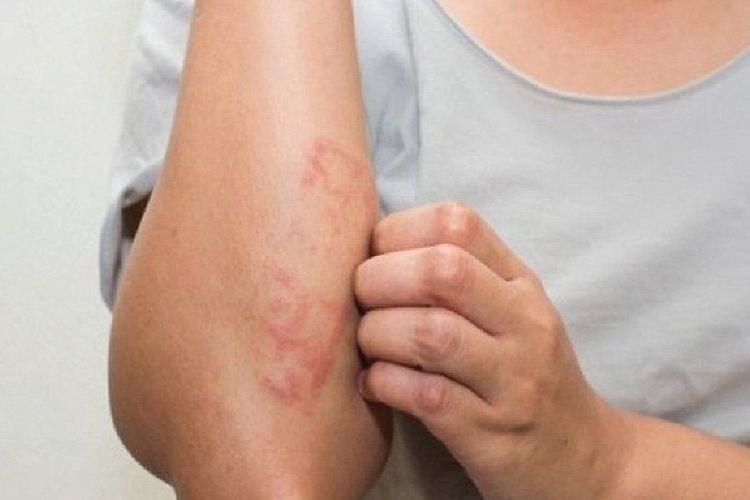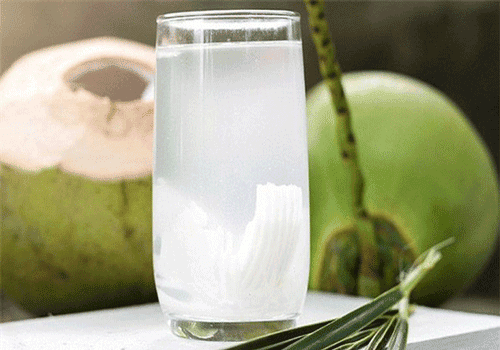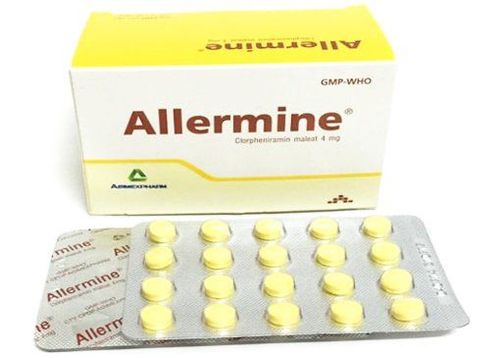Coconut and coconut oil allergies are relatively rare. This condition often occurs with symptoms such as nausea, vomiting, diarrhea, rash, or even anaphylaxis.
1. Understanding coconut and coconut oil allergies
Coconut is a tropical tree that has significant economic value. The husk of the coconut is used to produce ropes or mats, the white flesh inside the coconut is edible, and coconut water is drinkable. Additionally, coconut extracts are added to many foods (pastries), some infant formulas, or used in cosmetics.
While coconut is a healthy food, like any food, it can be harmful to those who are allergic to it. Coconut and coconut oil allergies are not as common as other types of allergies, but they can still occur.
2. Symptoms of coconut and coconut oil allergies
The symptoms of coconut oil allergy are similar to any other type of allergy, including nausea, vomiting, itching, hives, eczema, diarrhea, rash, or even anaphylaxis (a life-threatening emergency with symptoms including wheezing and difficulty breathing).
Anaphylaxis due to coconut oil is very rare. People allergic to coconut oil may experience contact dermatitis with symptoms such as skin rash or blisters. Contact dermatitis is often seen in people who use cosmetics containing coconut oil.
Products derived from coconut (such as coconut diethanolamide, cocamide sulfate, cocamide DEA, and CDEA) can cause allergic contact dermatitis. These substances are found in cosmetics, shampoos, moisturizers, soaps, detergents, and hand washes. With any contact dermatitis, symptoms may appear 1-2 days after exposure to the allergen and may take several days to resolve. If allergic contact dermatitis is suspected, a patch test (allergy test using a patch) is the appropriate diagnostic method.
3. What to avoid when allergic to coconut and coconut oil?
Coconut and coconut oil allergies are quite rare, and coconut protein is unique. Therefore, cross-allergies, which occur in people with allergies who react to foods with similar proteins, are minimized. Most people with tree nut allergies can safely consume coconut. However, to be safe, if a child has a severe allergy to tree nuts, parents should consult a doctor before giving the child coconut.

If you or your child is allergic to coconut, you should carefully read food labels to ensure they do not contain coconut or coconut oil. Foods that may contain coconut or coconut oil include popcorn, pastries, candy, chocolate, infant formula, and more. Additionally, coconut oil is a common ingredient in many cosmetics. Therefore, you should carefully check the labels of cosmetics before purchasing them.
4. What to do in case of coconut oil allergy?
If you have mild allergy symptoms such as hives or rash and suspect a coconut allergy, you should start keeping a food diary to track your diet and symptoms before talking to your doctor. You should list all the foods you eat, including cooking spices like coconut oil. Also, write down all symptoms from the time related to the food you consume. For example, if you eat chicken cooked in coconut oil and have a rash 1 hour later, you should record that.
You should also write down any products you use regularly that may contain allergens. These may be recent changes in your life, such as choosing a new beauty treatment or changing your laundry detergent.
While monitoring your food intake and symptoms, talk to your doctor and, if necessary, have allergy tests done to get a clear answer about whether or not you are allergic to coconut and coconut oil. If you have an immediate reaction and difficulty breathing after using coconut products, call emergency services immediately.
Is it okay to drink coconut water if you are allergic to coconut?
Coconut water is very good, but people with allergies should not drink it regularly. The reason is that the nutrients in coconut water such as vitamin D, calcium, and vitamins can stimulate the body's allergic process, making the condition worse. People who are allergic may experience itching, rash, and swelling after drinking coconut water.
Therefore, to reduce this condition, you should limit coconut water or coconut products.
Please dial HOTLINE for more information or register for an appointment HERE. Download MyVinmec app to make appointments faster and to manage your bookings easily.
References: allergy.org.au













